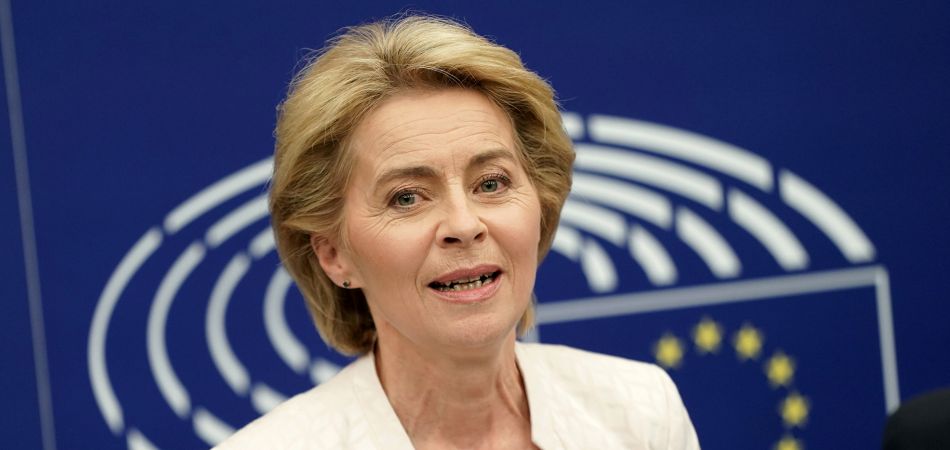The President of the European Commission Ursula von der Leyen returned today, February 6, to reject criticism of the vaccination strategy in the European Union, in opinion texts published in all Member States over the weekend.
Delays in vaccine deliveries in Europe are due to "problems in the manufacturing process or shortage of important ingredients" in the "start-up phase" of manufacturing, says the European chief executive in a text published today in Público newspaper and co-signed by the commissioner Portuguese, Elisa Ferreira.
Evoking criticisms of a "lack of speed in decision-making", von der Leyen says that he "honestly" disagrees that "it would have been possible to be much faster", that "one Member State alone would have done better" or that “an earlier contract would guarantee faster delivery and in adequate quantities”.
“It should be remembered that vaccination involves injecting a biologically active substance into a healthy person. These are not decisions that can be taken lightly. Safety and efficacy have always been paramount”, he stresses, pointing out that this explains in particular “the delay in relation to the United Kingdom in starting the vaccination process and the current difference in the number of people vaccinated”.
Von der Leyen points out that, since the start of vaccination in the European Union, on December 27, pharmaceutical companies "delivered 20 million doses", that "in February EU countries will receive about 33 million more doses and in March , 55 million'.
“It's still not enough, but it's not insignificant either”, he says, assuring that the Commission will monitor the process “very closely” and noting that “a production of this magnitude has never happened”.
In another text, for the Sunday edition of the German newspaper Frankfurter Allgemeine Zeitung, released today, the president of the Commission recognizes that delays in deliveries are a "painful" problem given the high expectations of Europeans.
And he admits: "if we were all aware at the time of the risks involved in launching such a mass production, we would have moderated expectations of rapid vaccination."
Von der Leyen's statements come at a time when criticism in Europe of the slowness of the vaccination process is multiplying and populations are increasingly tired of almost a year of restrictions.
The European Commission president has repeatedly rejected criticism, having received the support of German Chancellor Angela Merkel, whose Social Democratic coalition partners have not spared criticism of the process, and French President Emmanuel Macron.
In the text released today, Von der Leyen insists that the decision of the 27 regarding the joint order of vaccines was the "right strategy".
"Imagine what could have happened if only one or two Member States had had access to vaccines — a very real scenario without our collective bargaining power."
The European chief executive warns on the other hand that the emergence of variants of the SARS-CoV-2 virus will create new difficulties for vaccination in the EU.
"The new variants are cause for concern", even with "the guarantee by the manufacturers" that "that the vaccines that have been approved continue to be effective against them as well".
"But […] we're preparing for a scenario where that might not happen," he says, assuring Brussels is working "in close collaboration with scientists and industry" to "develop, authorize and rapidly produce vaccines" against future variants.



















Comments